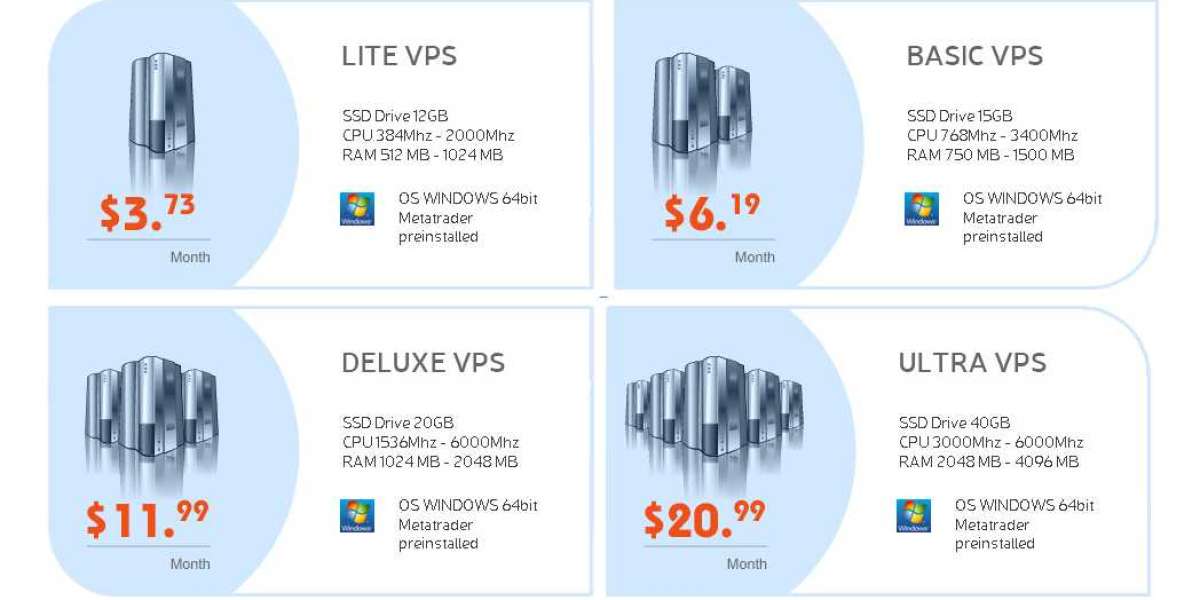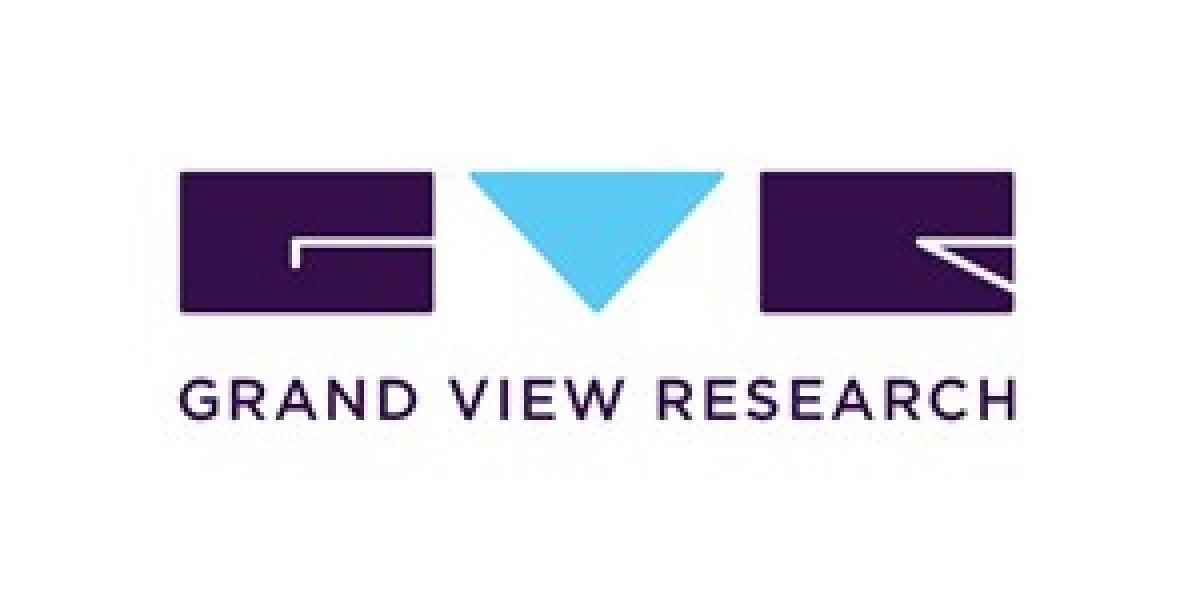Introduction:
When traders venture into the forex market, they often face a critical decision: whether to choose direct access to liquidity providers through larger banks or opt for retail forex brokers. Both options come with their own set of advantages and disadvantages. In this article, we explore the pros and cons of direct and retail forex brokers to help traders make the best choice for their trading needs.
Direct Access through Banks:
Direct access to liquidity providers, such as large banks like Citi, offers traders more institutional-level access to the forex market. These banks operate at a higher level and have deeper liquidity. However, this option often requires a significant initial investment, with some banks setting high minimum account requirements.
Advantages of Retail Forex Brokers:
Retail forex brokers cater to individual traders and offer lower minimum deposit requirements, allowing traders to start with smaller amounts. They provide user-friendly platforms, educational resources, and customer support, making it easier for beginners to enter the market. Additionally, retail brokers often provide various trading tools and analysis features.
Challenges with Retail Brokers:
Despite the advantages, retail forex brokers can face criticism for their business practices. Some brokers may engage in market-making activities, potentially leading to conflicts of interest with traders. Furthermore, traders may experience issues with execution, spreads, and slippage during volatile market conditions.
Conclusion:
The choice between direct and retail forex brokers depends on a trader's financial capacity, experience, and preferences. Direct access to liquidity providers offers a more institutional experience but requires a higher investment. Retail brokers are more accessible to beginner traders but may come with certain limitations. Ultimately, traders must weigh the pros and cons to make an informed decision that aligns with their trading goals and risk tolerance.



